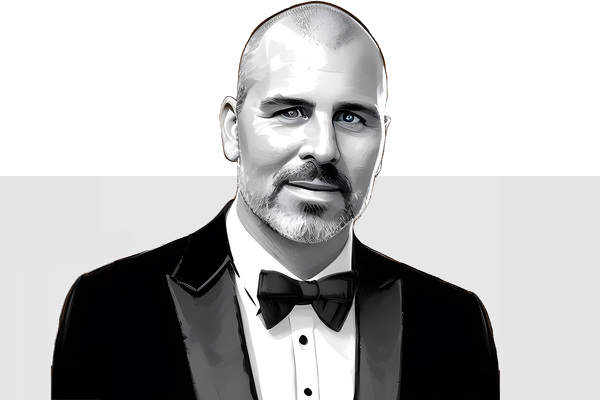What Does It Mean To Be Hispanic-American in 2024?

Few people think of me as Hispanic. I don’t have a “typical” Hispanic look in the United States, I don’t speak English with a Spanish accent, and I don’t even speak Spanish. Yet my father was born in Mexico, was a naturalized American citizen, and certainly raised me to feel Hispanic – but only privately. Does that make me a Hispanic American?
When Is Someone Hispanic Enough?
When I was growing up in a very South Florida where rebel flags were a common sight, the term “Mexican” was used more than Hispanic, and often as an insult. There were worse terms, of course, and my dad heard many of them.
He could certainly look Hispanic when he wanted to, with dark brown skin, brown eyes, jet black hair, and a Spanish accent in his English. That wasn’t him normally though. Most days, he tried to pass as a typical American.
For example, I always thought his English was normal. However, I always thought my mom’s English was normal American too, till someone pointed out she actually has a Texas accent.
My dad never let me forget that he was from Mexico, and that made me half-Mexican. Not half-Spanish, but half-Mexican. (There is a whole intercultural debate about Spanish vs. Latino vs. Hispanic that is another discussion.)
Am I Hispanic-American?
I jokingly refer to myself as the Gringo Cousin to my Dad’s family, being the only one who doesn’t speak Spanish. Yet I don’t let them forget that my father was the one born in Mexico – all his other siblings were born in the USA – so I am Mexican-American, while they are Americans with Mexican heritage.
I also feel much in common with the men in construction and agriculture who emigrated from south of the Rio Grande. The feeling isn’t reciprocated. They see me as a “white” American, as do most US citizens. I easily pass as American – as my father dreamed for me.
I remember one night in my early teen years, after my dad sobered up from decades of alcoholism, where he sat me down for an unforgettable father-son discussion.
He told me of the discrimination he faced in the US and elsewhere, when people thought of him as Mexican. He made me swear that I would not speak Spanish in public, never own a Mexican flag, and always fight for my right to be a “true American”.
Not just a North American like him (heads up, Mexico is in North America), but a red-blooded citizen of the USA – never mind my different Indonesian name and birth location.
What Does Hispanic-American Mean?
That brings me to my confused state today. I certainly claim Hispanic heritage when asked on official forms. I answer “USA” when asked where I’m from – much to the delight of Mexicans I meet who appreciate the specificity.
I also have a real issue with the misplaced anti-immigrant sentiment in the USA. We are all immigrants on this continent – even Native Americans who immigrated here thousands of years before Europeans. We are a nation of immigrants, which should be a point of pride for us.
I am proud of my background, my past, and the future I am building for my family – regardless of national origin. As I told my dad years ago, when he was explaining our multicultural family tree – its all red white and blue to me.
